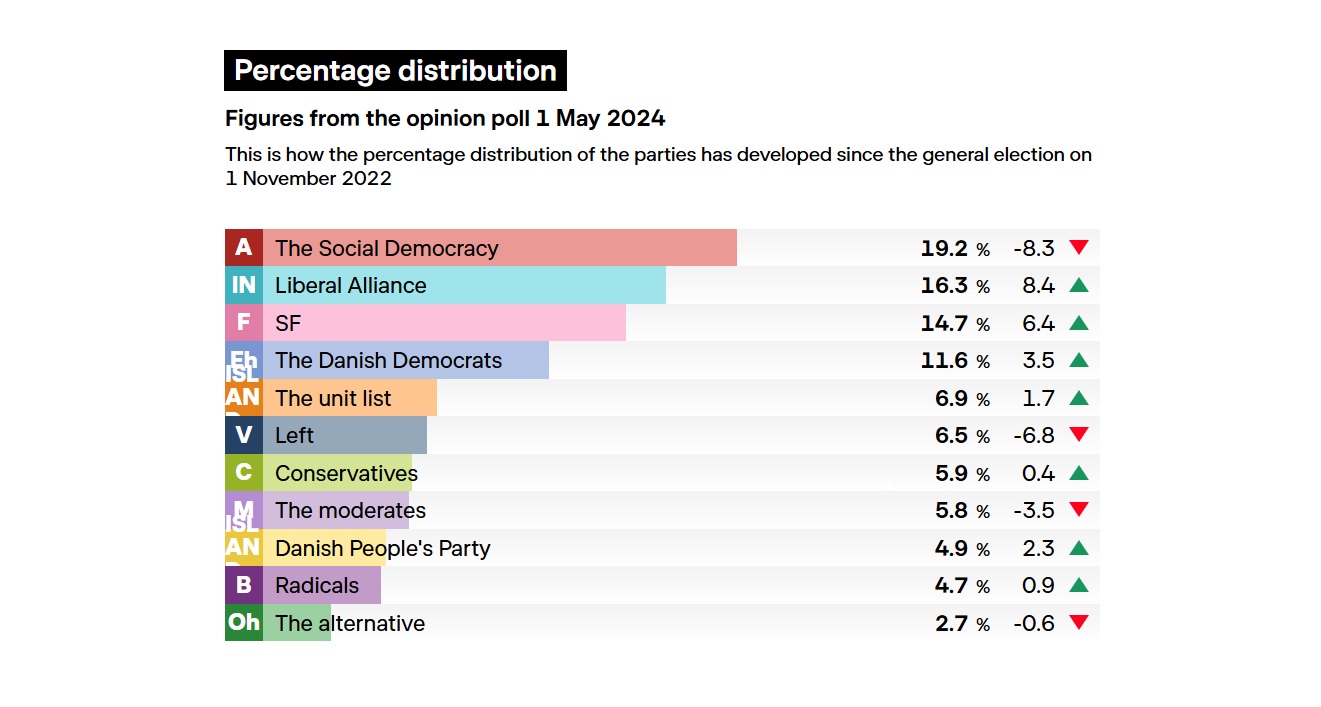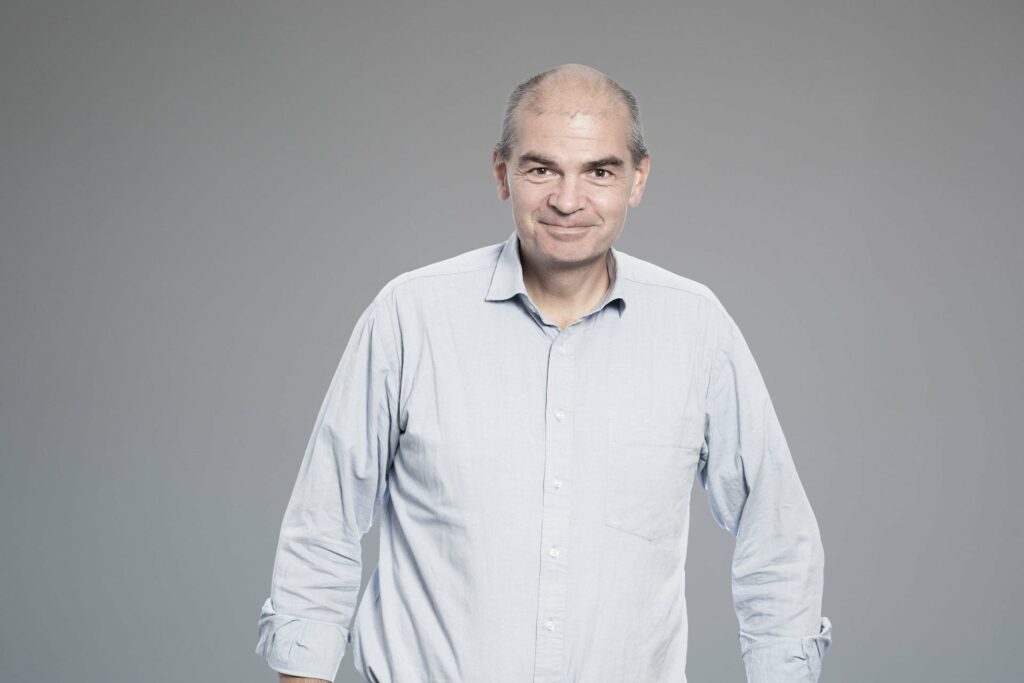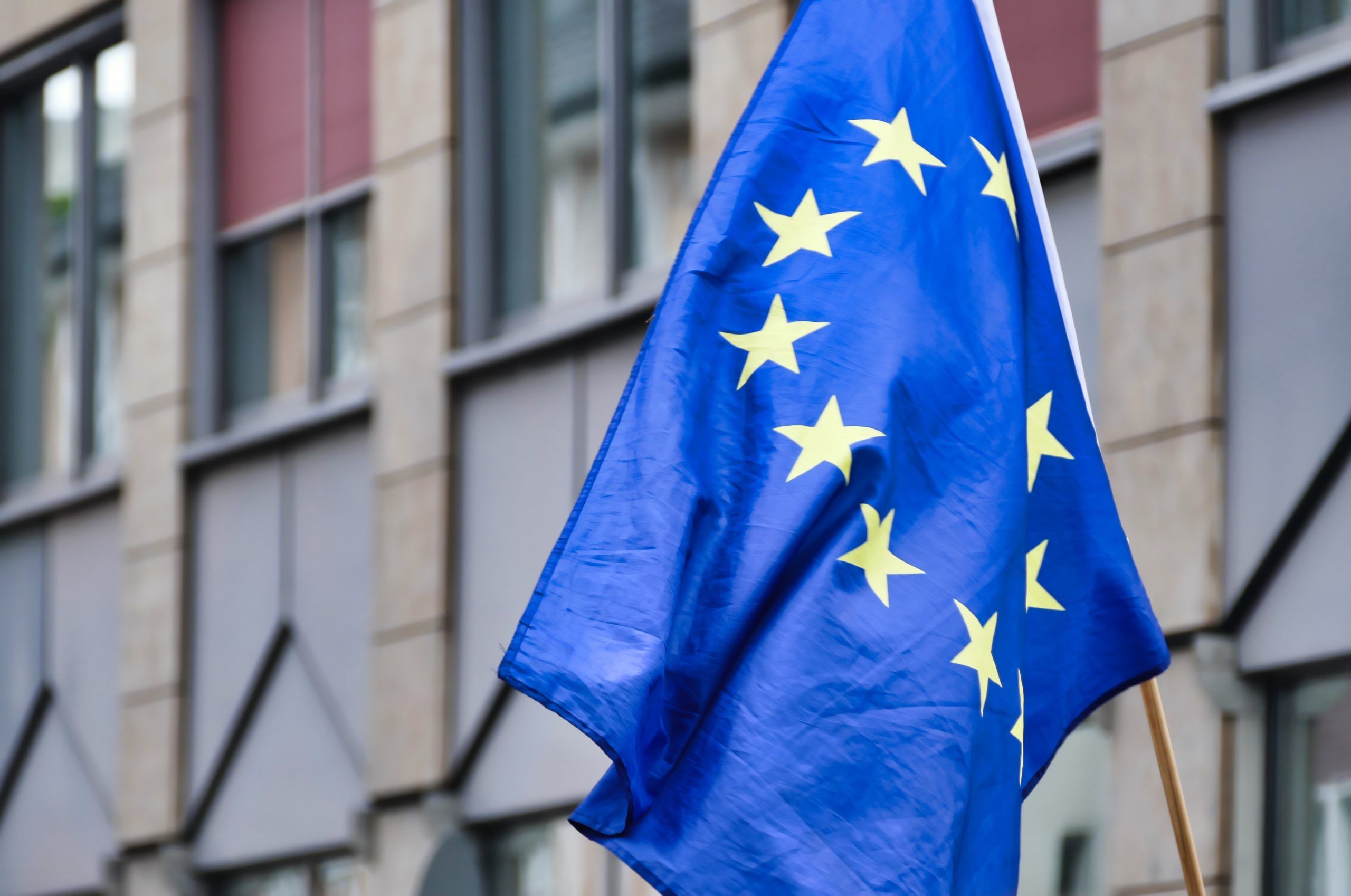When international transparency watchdogs level criticism at someone in the European theatre, they usually do so in the general direction of eastern Europe.
But the watchdogs are on to a new stench now, and this time it’s emanating from Denmark.
About a month ago, Transparency International blasted the government’s new freedom of information act proposal (offentlighedslov), contending that it would compromise Denmark’s transparency reputation, and last week the International Press Institute (IPI) and the European Federation of Journalists (EFJ) asked the Danish government to drop the law in the name of democracy.
The two central points of infamy in the new law are sections 24 and 27.2 – both of which reduce transparency within the central ministerial forum of policy making. In short, the public and the press will be left in the dark when it comes to looking into the foundation of governmental decisions and laws. The fourth estate will be left crippled.
But most vexing in this farce is the fact that not one minister or member of parliament has been able to describe a single instance in which the current law, which grants the public the right to access documents, has negatively influenced the transpirations of government.
This was exemplified by the excruciating performance of the justice minister, Morten Bødskov of the Socialdemokraterne (S), during a recent episode of the DR2 debate programme ‘Deadline 22.30’, during which Bødskov was asked a staggering 14 times to provide a specific case that illustrated the need to change the law.
Bødskov looked like a deer in the headlights as he stumbled and stuttered his way through the uncompromising questioning by host Martin Krasnik. The debate more resembled a Gestapo interrogation than a political contest. It speaks volumes when the justice minister suddenly morphs into ‘Rain Man’ – I was half expecting him to start rocking back and forth in his seat and start counting toothpicks. It was a pitiful display, nothing less.
Opposition to the law, on the contrary, is widespread and determined. Over 80,000 people have signed the ‘Nej tak til den nye offentlighedslov’ petition, and a massive demonstration, supported by all the party youth groups, took place last week in front of Christiansborg.
Clearly, the government is aware of the overwhelming public sentiment. No-one wants to get within six feet of the offentlighedslov after Bødskov’s appalling performance. Coalition parties have been haemorrhaging members and every minister, including PM Helle Thorning-Schmidt (S), defers to the justice minister when asked about the law.
Despite a hollow pledge to see where the law is in three years’ time, Bødskov looks poised to be the latest politician to be tossed in front of the Thorning-Schmidt bus – a bus loaded with hypocrisy.
Back in 2009, when Bødskov and S were part of the opposition, Bødskov was eager to point out the importance of transparency in the political space, maintaining “every time that there is doubt whether the public should have access to information, then it is transparency that should be prioritised.”
This access recently led journalists to uncover the scandal involving the employment minister, Mette Frederiksen (S), vastly understating the number of people who would fall out of the unemployment benefit scheme, kontanthjælp.
It is quite obvious that this ‘freedom’ of information act will solely benefit the power-wielders who sit at the helm of power, while muzzling the opposition and public from gaining insight into any deviant undertakings. Do they not realise that the short-sighted move will backfire on them when they lose the next election and suddenly find themselves on the sidelines?
And surely, alarm bells must ring when the left-wing Enhedslisten and right-wing Dansk Folkeparti are able to set aside their monumental differences to concur that the law is unwarranted and unwanted.
According to international watchdog organisation, Freedom House, Denmark ranks sixth in the word when it comes to press freedom, a commendable ranking to be sure, but one that will undoubtedly suffer should Thorning-Schmidt and her cohorts get their way and dim the halls of government to the public.















